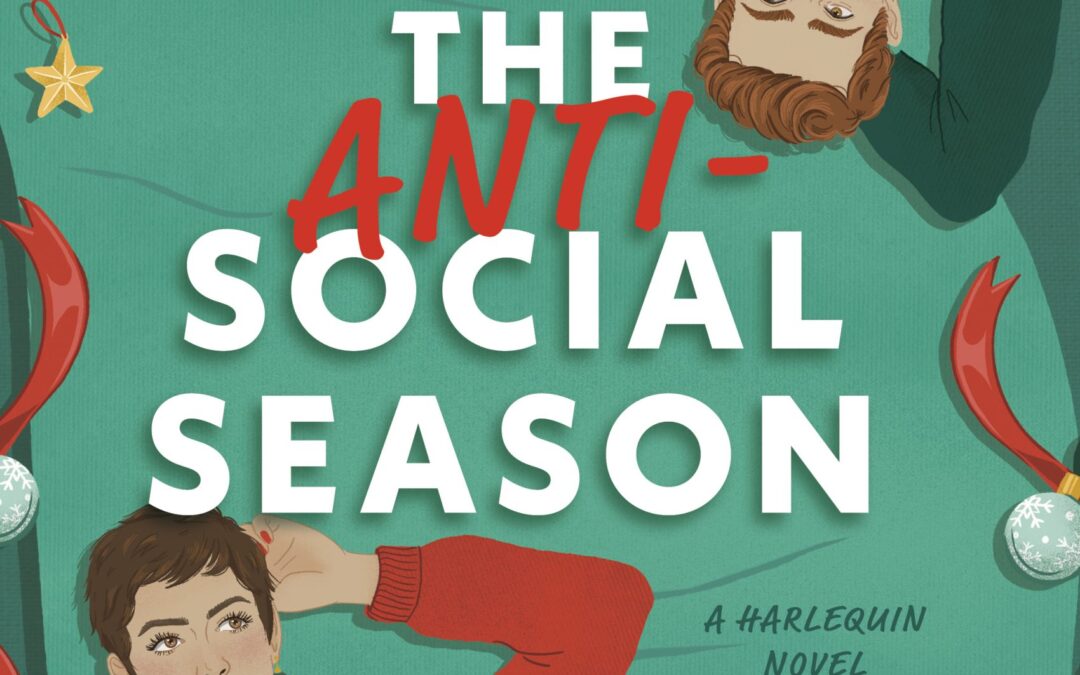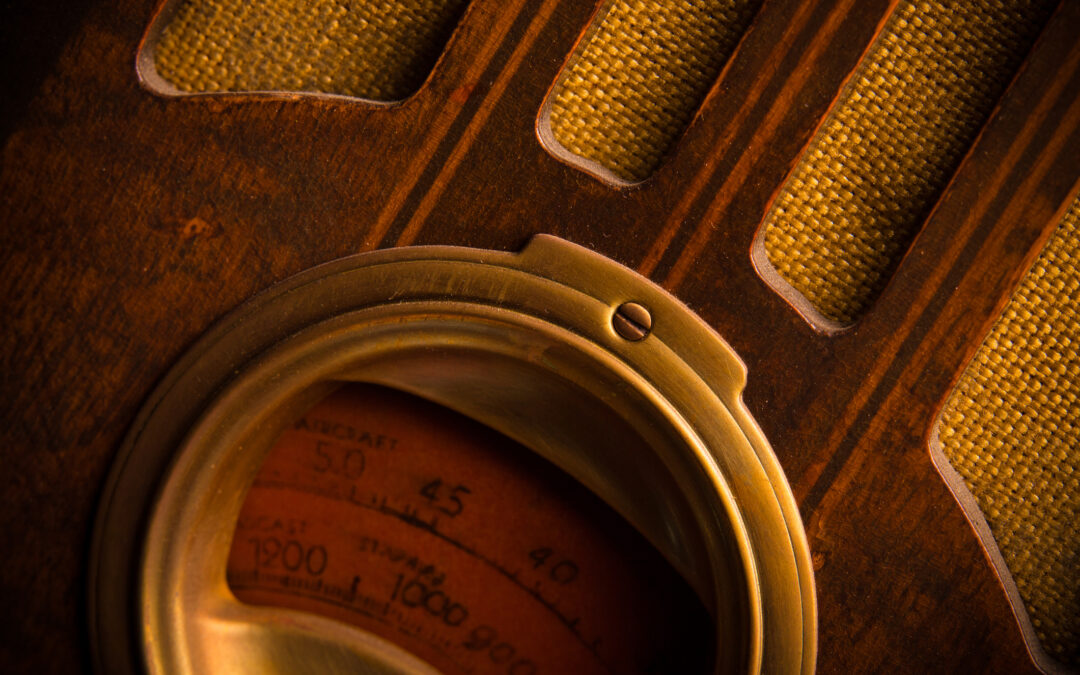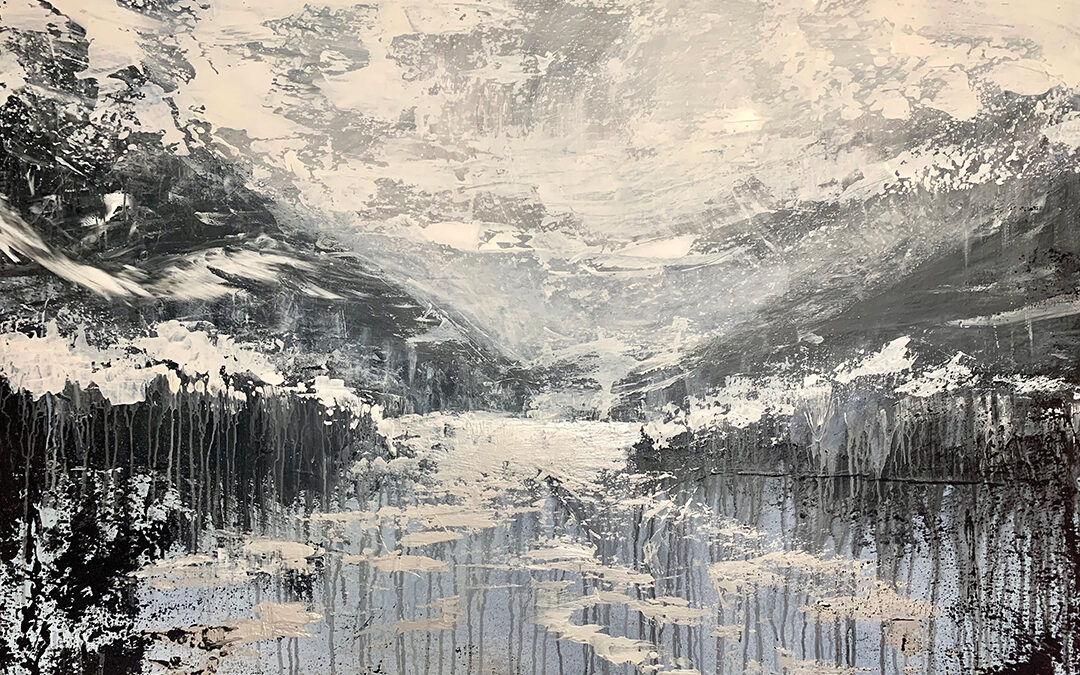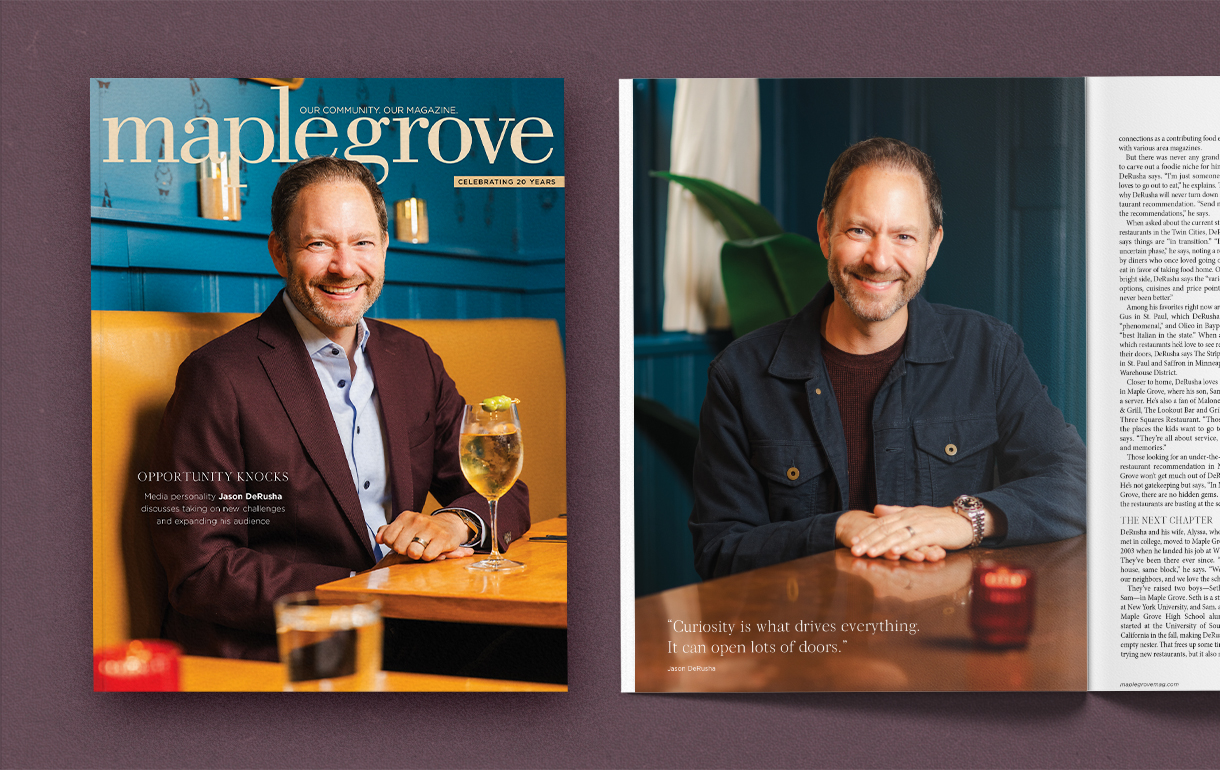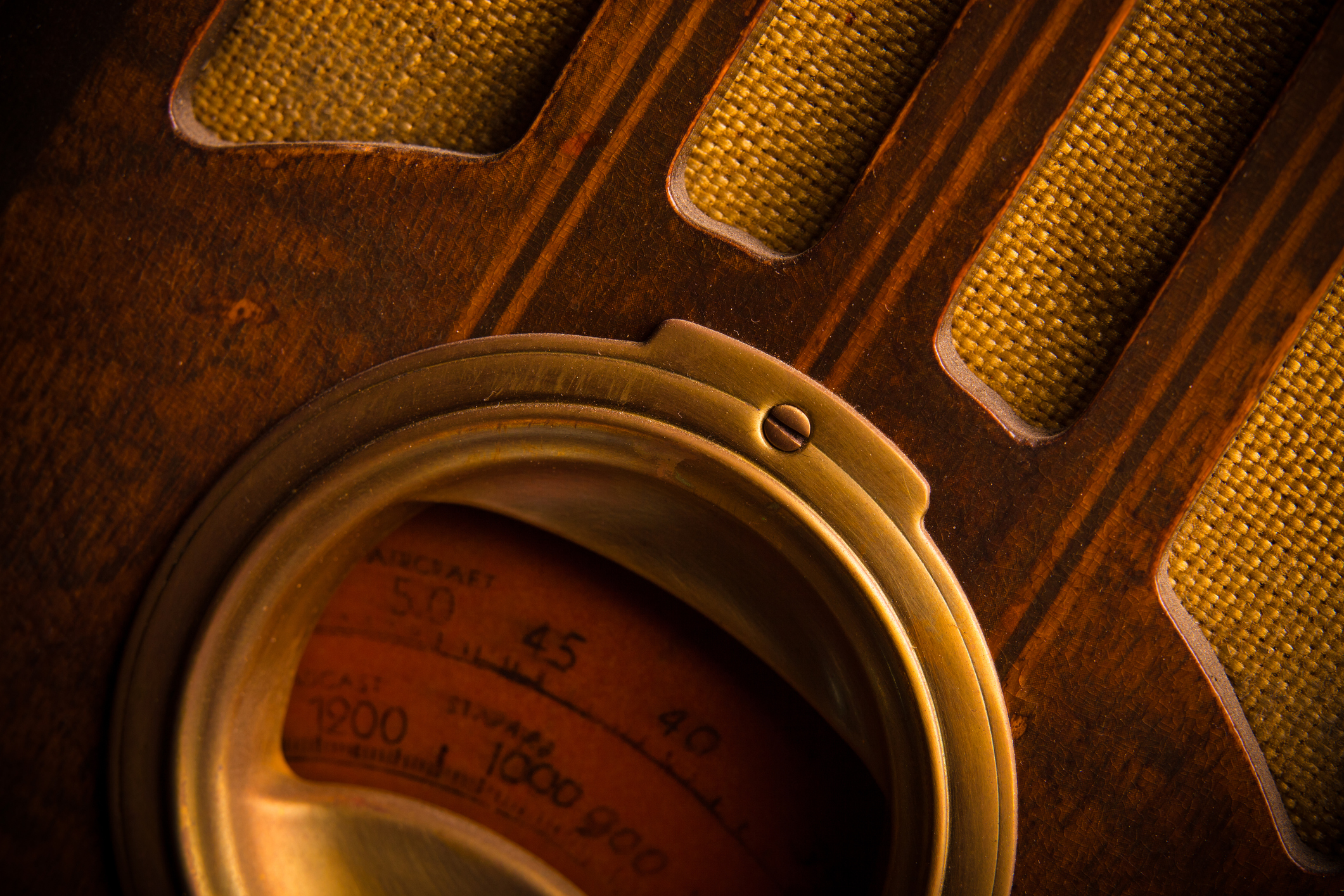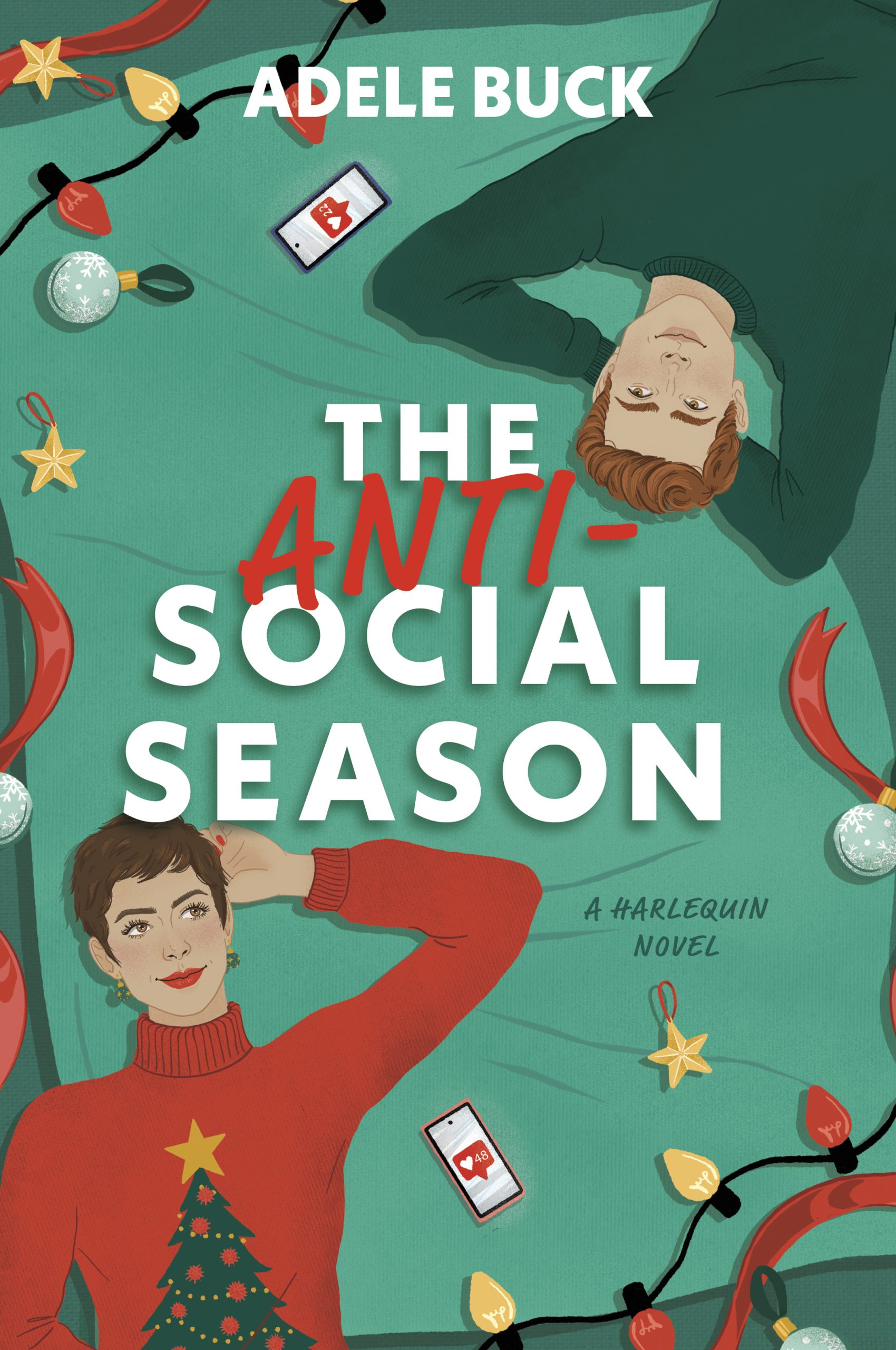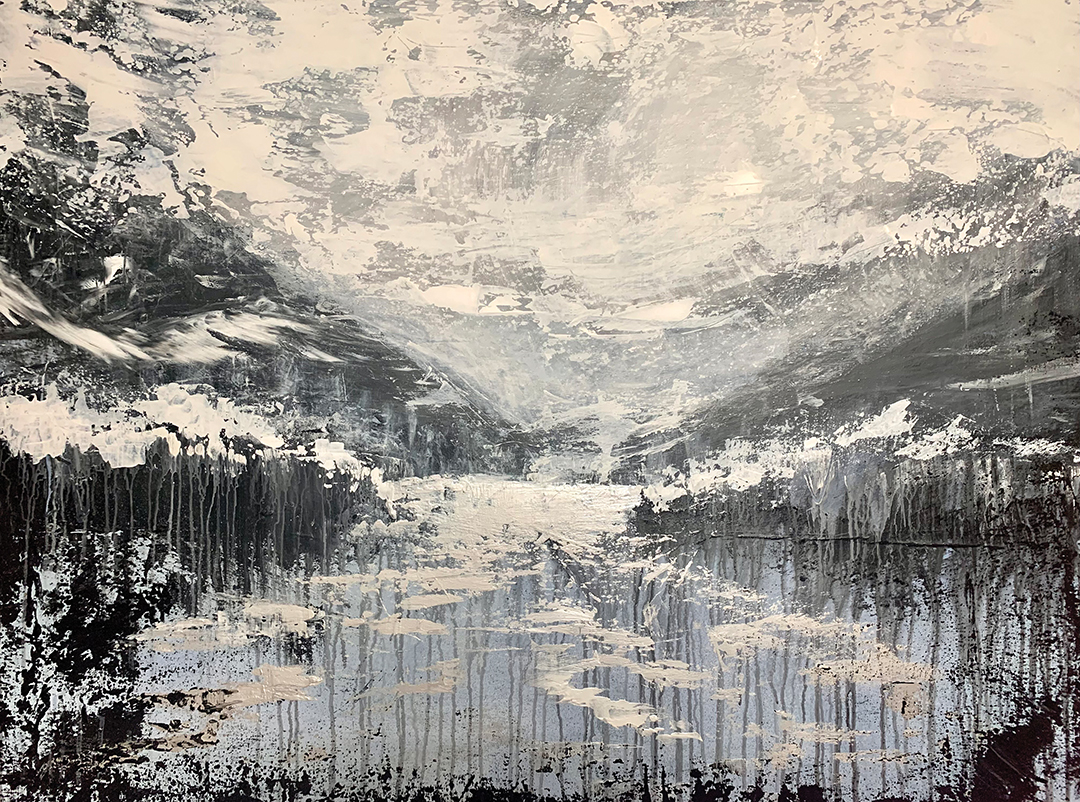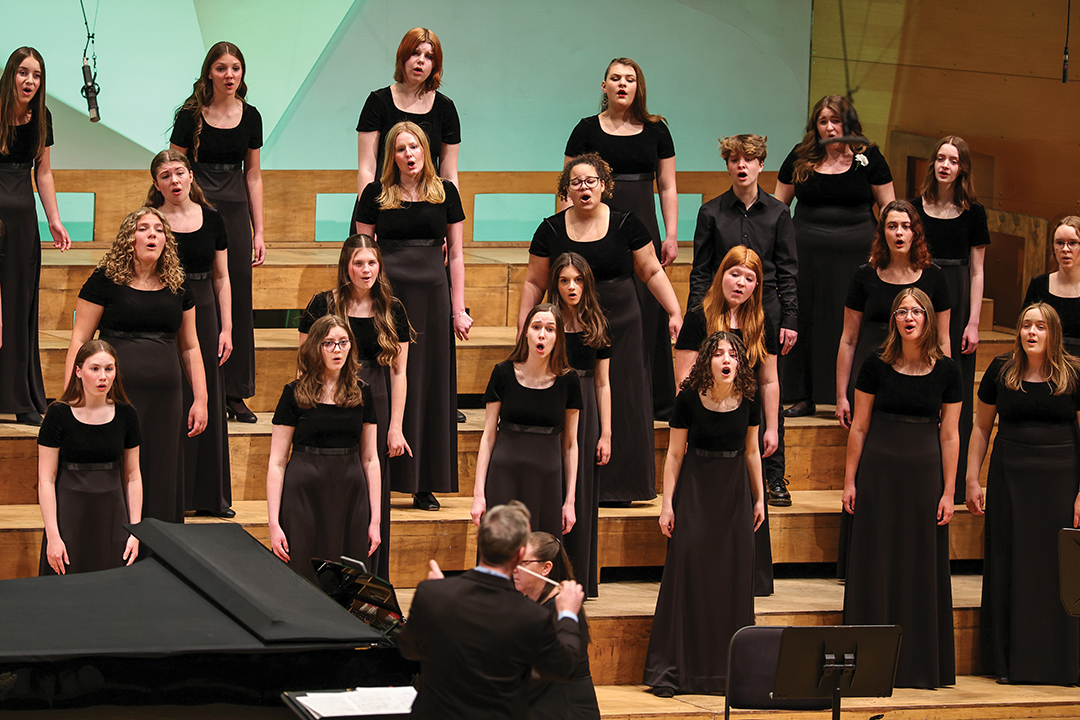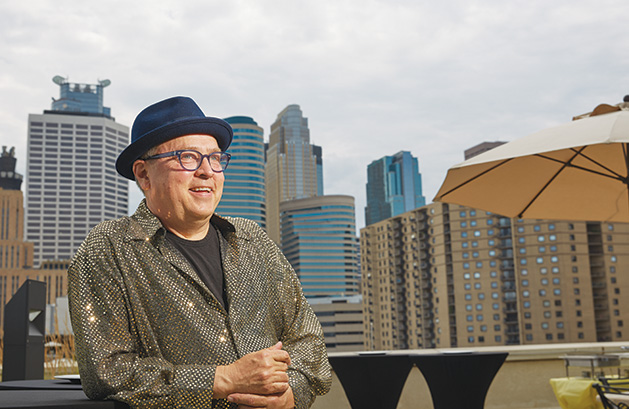
Photos: Tate Carlson
Joe Demko rewinds his six decades of memories in the music business.
Joe Demko of Maple Grove never attended college, but he has received a priceless, Ph.D.-level education in music and the music business from many teachers—some of whom are familiar names to music fans—names like Bonnie Raitt, Bob Dylan, Benny Goodman, Willie Murphy and Bruce Henry. In six decades as a working musician, Demko’s had some memorable encounters with the famous, near-famous and wanna-be-famous.
Demko, 65, grew up in north Minneapolis and Coon Rapids. He was 13 when his father gave him a cousin’s hand-me-down, “terrible Danelectro knockoff” guitar from Sears and a Montgomery Ward guitar amp. Like most kids at the time, he alternated listening between KDWB and WDGY, then the dominant Top 40 radio stations, playing guitar along with records. “One of the station’s turntables was slightly slower, so I would have to retune my guitar when I switched stations; that got my ear ‘tighter,’” Demko says. He eventually started playing in garage bands in the neighborhood.
In the late ‘60s, Demko got a $10-a-week job at a bakery, saving enough to buy a coveted (used) Fender Bassman amp. Two neighborhood brothers, who had a working band, Bill and Dennis Melton, came looking for the Bassman amp, and Demko joined them as the Holy Smoke band’s new, 14-year-old guitar player. “Back then, we had to play polkas, schottisches, country music and the pop tunes of the day by people like Jimi Hendrix, Cream, Iron Butterfly …,” he says.
In 1973, participation in an urban arts program led to Demko joining the Wolverines, a popular local orchestra of 20-somethings, who faithfully recreated the classic swing music of the ‘20s and ‘30s. Lacking sheet music for many tunes, learning to painstakingly transcribe songs off of old records “was an incredible education in learning to write music, understand harmonies and transpose (change keys) for saxophones and trumpets. I got the jazz bug in that band,” he says. (He had been interested in jazz prior to this time, but being in the band turned his head away from country and toward jazz.)
One tune Demko transcribed was Hot Mustard, by Fletcher Henderson, a composer-arranger-bandleader of the Swing Era. The man, who would become the King of Swing, acquired Henderson’s charts, used them “and that’s how Benny Goodman got famous,” Demko says.(Goodman also hired Henderson as his musical director for some time.)
“One night, we were playing at Scotties on Seventh (downtown), and I saw a guy standing in the back that looked just like [Goodman]. It was him, in town to play at Orchestra Hall. After we played Hot Mustard, he came up and said, ‘Where’d you get the chart, kid?’” Goodman was on the entertainment committee for the upcoming Jimmy Carter-Walter Mondale inauguration. He returned the next night and offered the Wolverines members a spot playing at an inaugural ball, which they accepted. That January 1977 trip also hit gigs at Mickey Rooney’s resort in the Catskills and the Empire State Building.
That year, Demko moved on to road gigs with a big band and then a country group. In 1978, he met the late Willie Murphy and successfully auditioned for Murphy and the Bumblebees, an unforgettably funky, horn-driven bar band. Six years earlier, Murphy had produced and the Bees played on the debut album of an aspiring folk blues singer-guitarist named Bonnie Raitt. Demko calls Murphy, “A musical genius, who could take a riff on guitar, another riff on bass, another riff on piano and a drum groove and put it all together like puzzle pieces,” he says.
Around 1980, Raitt mentioned to Murphy that she was looking for a new guitar player. “Willie pointed at me,” Demko says. At the time, Demko was fighting a cocaine addiction—an occupational hazard of the bar band life—and told Raitt he wasn’t ready. He needed to get sober before taking on any new challenges. He entered a treatment program and got his life together in 1982.
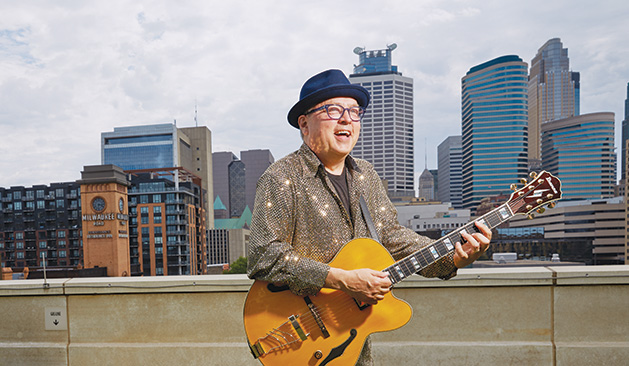
A few years later, the Bees were called to back Bob Dylan in a one-off recording session in Bloomington. Unfortunately, nothing usable resulted. “[Dylan] reminded me of Odetta, the great folk singer, whom I had done sound for at Williams Pub,” Demko says. “He had that same troubadour vibe …”
After the Bumblebees disbanded in 1984, Demko worked in duos and small combos, including one of Murphy’s later bands, the Angel Headed Hipsters. In 1988, he traveled to Russia as stage manager for the Minnesota-based band Women Who Cook. After returning, he quit a lounge band gig, deciding, “I couldn’t be a human jukebox anymore; it was a terrible way to make a living. I needed to get back to songwriting and do something else for a living,” he says.
In 1988, Demko caught a break. He was rehearsing for a Leiber and Stoller musical tribute to be broadcast on KTCA, and a sound engineer offered him a part-time audio tech job at Channel 2, leading to 30 years of full-time employment, which has been “a life saver. As a musician, I never had life insurance,” says Demko, who underwent a triple bypass operation in 1997. He also was able to hone his writing chops, comping incidental music and scoring several KTCA/TPT documentaries.
Having a day job freed Demko. “I don’t have to play anything I don’t want to. A lot of working musicians don’t have that freedom,” he says.
Demko’s current musical project is Radio Joe and the Jazzbos, a full-piece swing band he formed in 2012 that plays a number of his original tunes. He enjoys “finding ways to connect with a crowd that is mainly dancers. When they fill the dance floor, it’s a beautiful thing to watch,” he says.
Demko’s goal with the Jazzbos is to provide a show that creates “moments people can emotionally connect to,” an increasingly rare experience in this digital world. “They can feel what I feel, and we can share it together. It’s not the easiest thing to do, so I pull out all of the ‘show biz’ tricks I know to make those moments happen,” he says.
After he retires from TV, Demko plans to go back to solo performing, this time in nursing homes and memory care centers, singing evergreen pop tunes, like Happy Trails. “Music is a public service, and I plan to serve that market,” he says.

